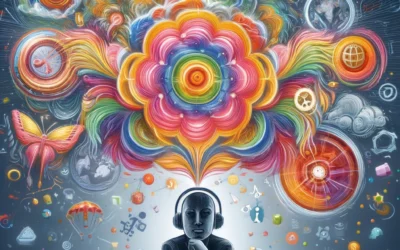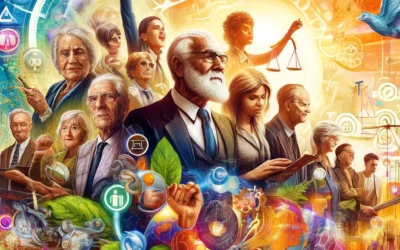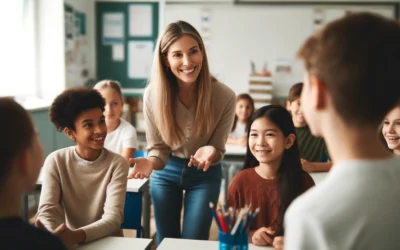 New Zealanders are an innovative bunch and the new product from New Zealand Natural Ice Creams just adds more weight to that arguement. They’ve launched Sooshi, which looks like a regular rice sushi but is made of real fruit and ice cream. The fruit fillings are made to resemble fillings you can find in real sushi with lemon presenting yellow peppers, raspberry – crab, blackcurrant – red peppers and apricot – carrot etc. The nori or seaweed part is replaced by a upmarket version of a roll-up or dried fruit strip made out of apple.
New Zealanders are an innovative bunch and the new product from New Zealand Natural Ice Creams just adds more weight to that arguement. They’ve launched Sooshi, which looks like a regular rice sushi but is made of real fruit and ice cream. The fruit fillings are made to resemble fillings you can find in real sushi with lemon presenting yellow peppers, raspberry – crab, blackcurrant – red peppers and apricot – carrot etc. The nori or seaweed part is replaced by a upmarket version of a roll-up or dried fruit strip made out of apple.
The best bit? You can ask for a squirt of ’soy sauce’ which will be chocolate syrup!



